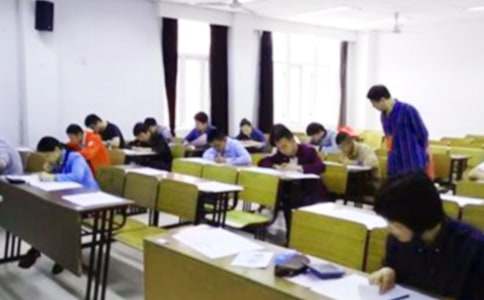- 相關(guān)推薦
2005年6月六級(jí)英語(yǔ)考試最新模擬試題(六)
Part II Reading Comprehension (35 minutes)

Directions:There are four reading passages in this part. Each passage is followed by some questions. For each question there are four suggested answers marked A,B,C and D, you should choose the One best answer and blacken the corresponding letter on the ANSWER SHEET with a pencil. Passage 1
Legal and accounting firms throughout Australia could streamline their advice to clients seeking a divorce with a new expert program that“thinks" like Family Court judges.
The software package, appropriately called“Split UP" was developed by Dr. John Zeleznikow and a team of researchers in La Trobe University's Department of Computer Science.
It is the first in the world designed to weigh up court judgments in previous cases to predict the way property would be divided for a particular divorce if proceeded to court.
While anyone can get a divorce, the rules on the division of property are up to the judge. Deciding who gets what is a complex procedure based on future needs and past contributions.
Split up, which can be installed on any PC, asks a sequence of relevant questions about the health, work history, children, property and future needs of the partners in a divorce. It then decides what percentage allocation to each partner would be in court and provides a series of arguments in favour of the decision.
Its major advantage, says Dr. Zeleznikow, is that people are less likely to litigate once they know the likely court outcome.“Let's say the program predicts that each partner will get $250 000 from a property settlement. If they go to court the cost to each could be $ 50 000 to litigate. This is a powerful incentive to negotiate instead."
The La Trobe research team has attracted international attention for its devleopment of systems which can reason with both statutes (rules) and
>>【6月六級(jí)英語(yǔ)考試最新模擬試題六】相關(guān)文章:
六級(jí)英語(yǔ)考試最新模擬試題12-14
中考英語(yǔ)模擬試題 (六)04-28
樂(lè)理模擬試題05-01
托福模擬試題06-04
中考模擬試題05-02
全國(guó)四六級(jí)新舊英語(yǔ)考試題型對(duì)比分析04-27
中考模擬試題204-28
中考模擬試題 (三)04-28
中考模擬試題104-28
中考英語(yǔ)模擬試題04-28






